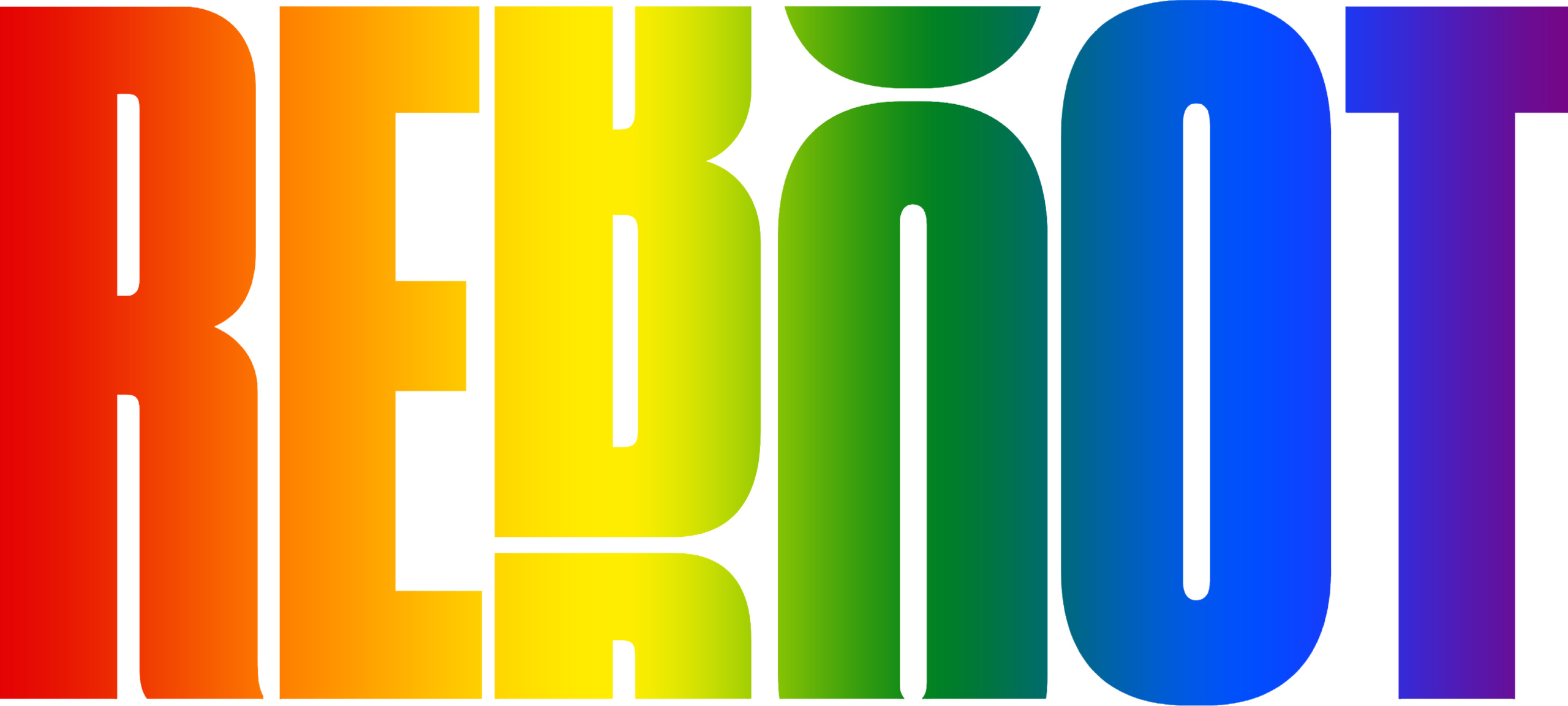The word diaspora has its etymology in Greek words meaning “to disperse across.” The term references Deuteronomy 28:25, referred to as the chapter of curses, in which the Jews are threatened with a terrible punishment for their transgressions: “Thou shalt be a dispersion in all kingdoms of the earth.” Jews are the prototypical diasporic group, but other diasporas of ethnic and religious groups have existed since late antiquity. Today, in a world system defined by transnational migrations and mobility, diaspora is a key form of community and is also a useful theoretical tool for interpreting the experiences of dispersed peoples, such as the African diaspora. The concept of diaspora, no longer specific to the Jewish context, is prominent in the self-representation of many identity groups.
In the period after the destruction of the Temple in 79 CE by the colonial Roman army, the Jewish communal experience was transformed, suddenly torn from its central rites of animal sacrifice and priestly ritual. Rabbi Joshua, a 2nd century sage frequently in the Mishna, is quoted as responding to a colleague who was weeping for the destruction of the Temple with the words, “We have another, equally important source of atonement, the practice of gemilut hasadim (loving kindness).” The Rabbis of the Talmud solidified the role of Torah study, prayer and righteous acts as a legitimate substitute for the place-based experience of Temple ritual and nation. In the words of scholar Daniel Boyarin, the Talmud and the act of study, and by extension the Jewish approach to discourse and analysis, became a “moving homeland,” that could be carried to the four corners of the earth.
Centers of the Jewish diaspora have been established on every continent, with the Sephardi (Spanish) and Ashkenazi (German) communities being the most numerically significant. These communities have undergone secondary diasporas as a result of persecution. The Sephardi community of Spain experienced mass exile in 1492, resulting in the dispersion of Sephardi Jews throughout North Africa, Turkey and the Balkans, with smaller communities in Western Europe and the Americas. The initial Ashkenazi community of the Rhine valley also experienced expulsions and mass migrations, leading to the establishment of large Jewish communities in Poland and Russia, and later in North America and globally. These multiple nodes of diaspora reduplicate the ancient story of the destruction of the Temple, keeping the trauma of the loss of homeland fresh in the Jewish experience.
The experience of diaspora set in motion paths of spiritual and intellectual creativity that focus on preserving the community. The maintenance of Jewish community has been achieved in large part through language. The Jewish culture of study and prayer, storytelling and debate, is sometimes perceived as a viable alternative to the forms of political agency Jews have been denied in many of their historical lands of residence. Diaspora consciousness is a radical embrace of the positionality of Jews as outsiders whose tenuous political position fosters a special communal tendency towards narrative and interpretation.
As suggested by the passage from Deuteronomy quoted above, the experience of diaspora, marked by frequent experiences of violence and dislocation, is traditionally viewed as a curse and has fostered a tradition of messianic longing. The fantasy of return to the ancient land has acted as a poetic focus of communal energy throughout the history of the Jewish diaspora. In the late 19th century, the idea of return moved from the realm of spiritual fantasy and into political possibility through the Zionist political experiment. Central to Zionism is the ideology of shelilat ha-galut, the negation of exile, a philosophy that sought to reject aspects of diaspora culture, especially its alleged weakness and rejection of political power. The negative dialectic between diaspora and Zionism, and between ethno-nationalism and religious conceptions of Jewishness, continue to animate the debates and tensions that roil the international Jewish community.
